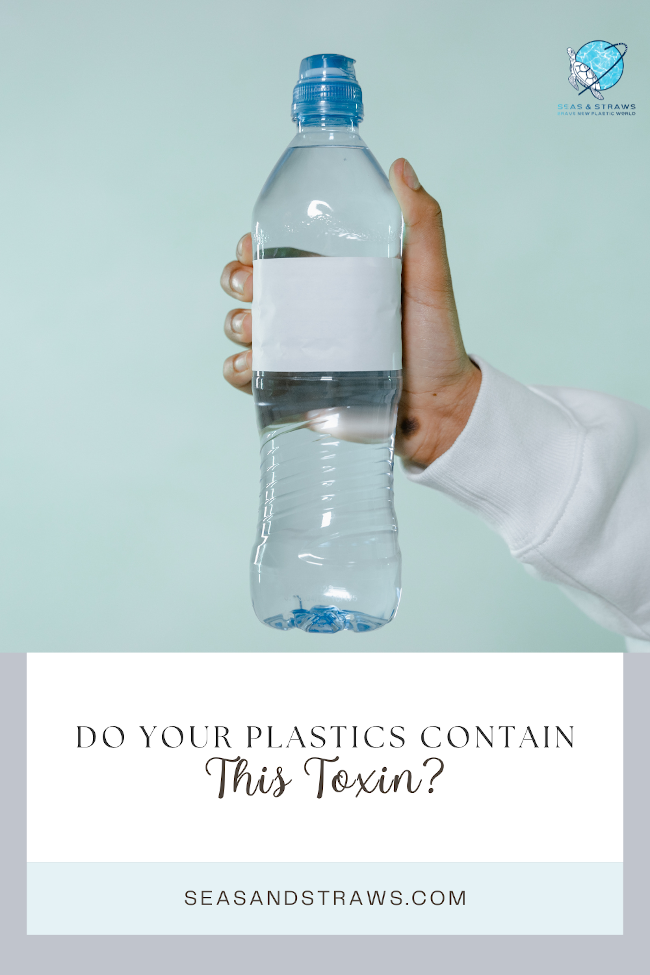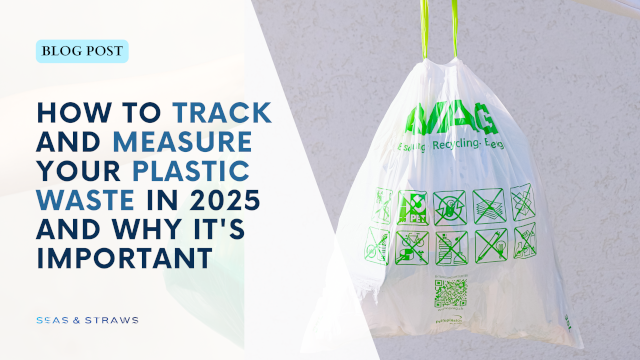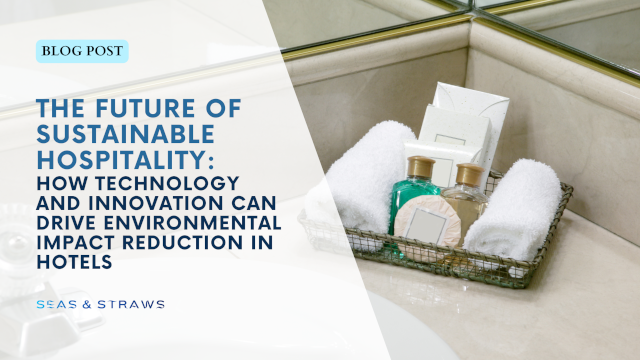- Home
- The Problem with Plastic
- Bpa in Plastic
All you need to know about BPA in plastic
Plastic 101
Plastics are created through a process of combining base materials like coal or crude oil and converting them (via heat) into a workable polymer. This creates 2 types of plastics: thermoplastics, which can be shaped to harden, and thermosets, which are not meltable once they have been cooled.
What is BPA?
BPA, or bisphenol-A, is a very common chemical that's used to harden thermoset plastics and can be found almost everywhere. BPA-based plastics are super strong, light, transparent, and require extremely high heat before they melt. That’s why most of our everyday plastics have it - including baby bottles, the lining of most food and drink packages, food containers, and even our glasses.
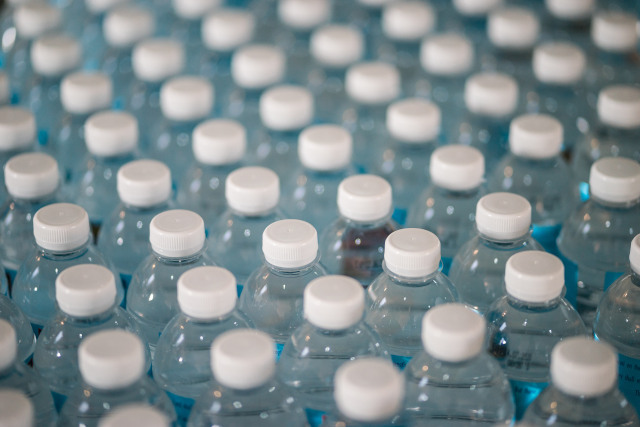 BPA in plastic bottles
BPA in plastic bottlesWhere can you find BPA?
As plastic is everywhere around us, so is BPA. Asides from it being found in the plastics we use (and being leached and absorbed by our bodies) it is also absorbed through the air, water, and dust. Because of how pervasive it is, it is estimated that 90%+ of us all have BPAs present in our bodies (they never leave our bodies, and we keep adding more).
What’s the concern about BPA in plastic?
Plastics, even microwavable plastics, are not heat-resistant. When BPA-based plastics are exposed to heat or water (like when you wash them or put anything hot/liquid in them) they begin to react with the heat or water through a process called hydrolysis. This process breaks down the bonds in the BPA and causes them to leach out of the product, into the food, the beverage ... and right into us. Either by leaching into our skin because of direct contact, or straight into our mouths when we eat or drink from these BPA-based products.
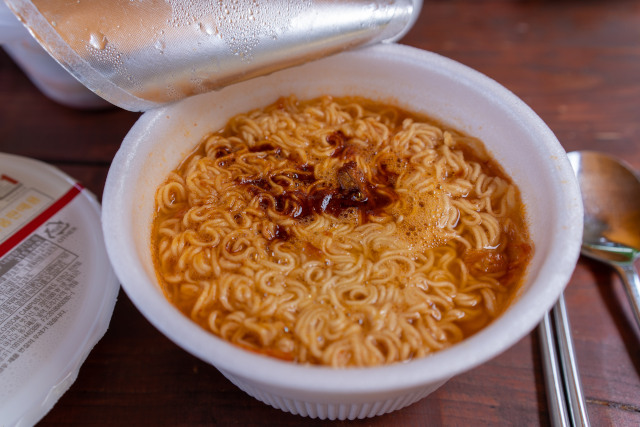 Food should never be heated in plastic containers.
Food should never be heated in plastic containers.The health risks of BPA
The list of health risks is pretty long, and while speculative - because there’s not been enough pressure on health institutions to do enough research - it’s key to take note and avoid them where possible.
BPA is an endocrine disruptor, and studies have shown that it can change and manipulate our hormone levels, possibly leading to cancer, heart problems, changing our reproductive system, and even our brain’s behavior.
The environmental risks
The plastic-making process releases a lot of toxins into the atmosphere. This toxic gas that is created in and around factories negatively impacts the health of those around it - especially in residential areas that are located close by.
Apart from that, the gasses that are produced (benzene, ethylene oxide, ethylbenzene, nickel, and more) also significantly contribute to the depletion of the ozone layer and the heating of the earth.
Even worse, these factories are often involved in accidental chemical spills, explosions, fires, and fatalities.
Finally, these plastic products if they are not recycled can end up contributing to the waste and environmental pollution problem. They end up being dumped in landfills and ocean dump sites where they continue to leach BPA and other toxins, even when they break down into microplastics.
What can you do?
- Find plastic-free alternatives to your BPA-based products.
- If you can’t skip the plastic, avoid exposing it to heat or water (like through microwaving, or storing hot liquids).
- Use less packaged foods and focus more on eating fresh and from sustainable sources.
- Share this article and save a loved one!
- I wrote another, long article about BPA and its dangers to our health. Click this link to read.
Want to make your home toxin-free, healthy and sustainable, too, but not sure where to start?
If you want to make your home toxic-free, healthy and safe for your children as well but aren't sure where to start, I'd love to help you! Email me on jana@seasandstraws.com or click here. In the meantime, check out my blog post about my Zero-Waste Coaching, here!
